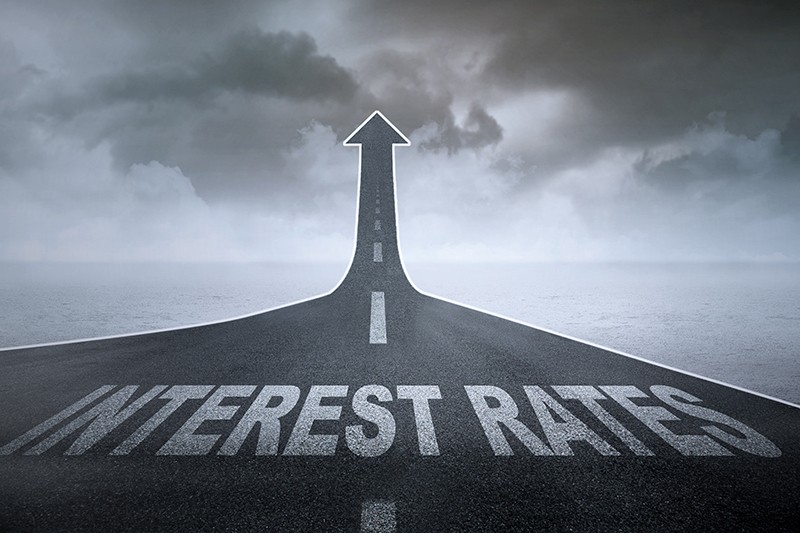Business
Stock market in danger over high interest rate

The Central Bank of Nigeria’s recent 200 basis point hike in Monetary Policy Rate (MPR) from 12 per cent to 14 per cent per annum is having perverse impact on the Nigerian stock market as investors continue to dump equities and turn their attention to alternative fixed-income securities.
Stock market capitalization has already dipped from N9.62 trillion at the week ended July 29, 2016 when the Central Bank of Nigeria (CBN) announced the increment in the Monetary Policy Rate to N9.36 trillion last week.
Mr Kayode Tinuoye, team leader, UBA Capital in a telephone interview told Business Hallmark (BH) that the rate increase has turned investors’ sentiments against local stocks as a growing number of them opt to buy bonds and Treasury bills with guaranteed coupons and significantly lower risks.
Five year treasury bonds pay coupons of 18% of face value or 1.3% ahead of domestic inflation.
“It is true that the high interest rate is dragging funds away from the equities market. As you can see Treasury bills rate are about 20 per cent for some maturities. Even though when the policy was announced initially, investors received it in a positive light with the hope that the increase in interest rate would encourage foreign investors to come back to the market.
“But since that did not materialize, investors are beginning to shift attention from the capital market to the fixed-income market,” he asserted.
Tinuoye pointed out that the equities market is not only battling with the impact of the higher interest rate, saying the negative Q2 results released by most of the listed companies is also weakening investors’ confidence in the market.
He also explained that the negative reaction of portfolio investors to the flexible forex policy, which was supposed to motivate them to return to the capital market, is partly responsible for the bearish orientation of the market.
Tinuoye concluded that the market would trade lower for the remaining part of the year.
“This is because foreign portfolio investors are yet to return to the market and they are not likely to come back until the current situation in the foreign exchange market improves compare to what we have now.
“And the kind of results companies have been turning out have not been encouraging and we expect something similar to play out in the third quarter,” he stated.
Dr Vincent Nwani, Director, Research and Advocacy, The Lagos Chamber of Commerce and Industry (LCCI), explained that theoretically, whenever money market return is higher, investors in the capital market move money to the fixed-income market in order to enjoy higher and safer returns.
He added that there is always an inverse relationship between the money and equity markets.
“What the new interest rate does is that it encourages savings because people want to take advantage of higher interest rates.
“Even foreign investors who reap from volatile exchange rate environmentsbecome attracted to bond and Treasury bill markets” he reasoned.
He said this would impact the equity market negatively and the bearish sentiment may continue till the end of the year.
He expressed disappointment in the hike inpolicy rate, saying in other parts of the world, when a country is in recession, interest rate is often lowered to encourage spending in order to reflate the economy.
“Funds will seek for less risky investment windows. As expected, increase MPR means that increased yield on fixed interest financial instruments. The problem is that equity market has not been returning enough to compensate for investors risks”, says JideFamodun, a consultant.
He said that the market is already facing critical issues with investors losing billions of Naira. As a result, it is expected that some of these investors would reshuffle their portfolio to key into juicy – as CBN just made it – gilt edge market.
“You know what these mean for investment? CBN has just attached high yield to low risk investment and tentatively accommodate trending inflation rate into bond pricing”, he added.
The naira has been on a free-fall since the apex bank introduced the flexible forex policy at the end of June, trading N310 against the dollar at the interbank market at the close of work on Friday.
The country’s currency exchanged record N400 to a dollar at the parallel market, while the pound and euro went for N510 and N425 respectively.
Between June 28 when the flexible forex policy came into effect and last Friday, the naira has lost almost 10 per cent of its value.


